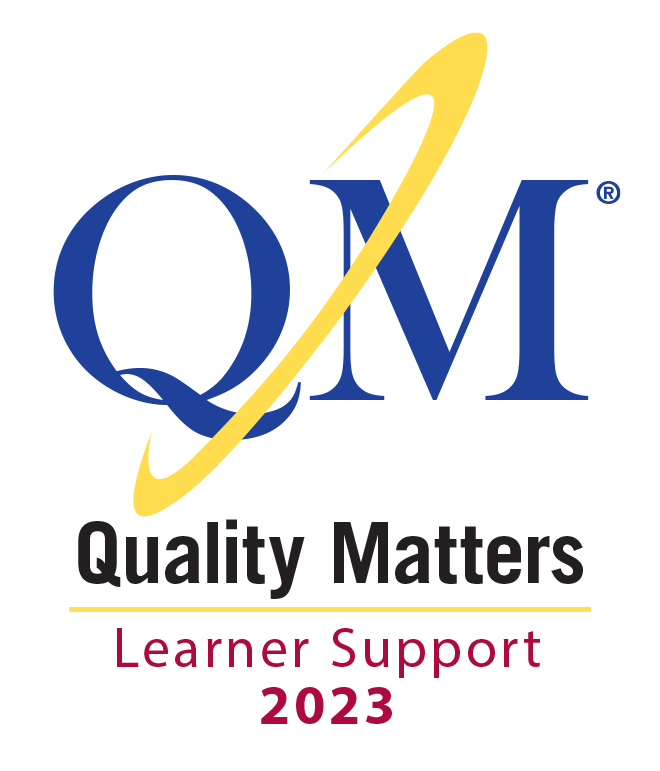Questions? Request Information
Improve Patient Care and Experiences
Improve the experience of healthcare providers and patients by earning a master’s degree in health care administration online from the University of Arizona Global Campus. Our online Master of Arts in Health Care Administration degree incorporates integration and application of health care theories and concepts across the domains of organized health care.
Upon completion of the master’s in health care administration online, you will be able to:
- Apply health care financial and accounting concepts in organizational decision-making
- Apply principles of leadership in the developing of strategic goals, achieving organizational outcomes, and modeling professional values
- Formulate health care decisions consistent with legal and ethical standards
- Utilize health care information technology and statistical reasoning in organizational planning and decision-making
- Demonstrate sensitivity to diversity in the health care setting
- Evaluate health care outcomes using quality improvement and risk standards
- Apply health care economic perspectives in the interpretation of health policy
- Apply problem-solving approaches in the resolution of health care issues
- Communicate the responsibility of a health care professional remaining current in their professional knowledge
Military Students $350.00/credit
MHA Master’s Degree Courses $740.00/credit
Technology Fee** $145.00/course
Books and Other Class Materials** $155.00/average per course
Graduation Fee $150.00
Total Program Cost See UAGC Catalog¹
¹Keep in mind that this figure doesn’t factor in any potential discounts, partner benefits, or impact of accepted transfer credits, if eligible.

UAGC offers enrolled students access to ScholarshipUniverse, a platform that tailors external scholarship opportunities to your unique situation, making it easier to find and apply for scholarships.
UAGC is proud to provide reduced tuition rates for our academic and corporate partners, helping community college transfer students and corporate employees earn their degrees at a lower cost.


Master of Arts in Health Care Administration Curriculum Overview
Topics addressed throughout the online MHCA curriculum include finance, economics, leadership, quality improvement, risk management, health policy, law, ethics, strategic planning, information systems, statistical reasoning, and human resources.
To be awarded the Master of Arts in Health Care Administration degree, all students must complete 36 credit hours with a 3.0 minimum grade point average in all coursework attempted at the University.
This program is not designed to meet the state educational requirements for a specific professional license or certification in any state. Students seeking licensure or certification in a particular profession shall carefully research the requirements prior to enrollment and regularly review the requirements as they are subject to change. Requirements vary by state. The University of Arizona Global Campus does not guarantee that any professional organization will accept a graduate’s application to sit for any exam for the purpose of professional certification. Further, a criminal record may prevent an applicant from obtaining licensure, certification, or employment in their field of study.
Certain degree programs may not be available in all states.
The Online Teaching Support Certification recognizes programs that require all online faculty to undergo training in best practices for online course delivery, provide faculty with ongoing pedagogical support, encourage faculty professional development to increase their knowledge and skill in online teaching, emphasize instructor availability and feedback to learners, and collect and use feedback from learners to improve online teaching. Learn More

The Online Learner Support Certification recognizes programs that provide all the critical student and academic services needed for learner success and use learner feedback to continuously improve those services.

What Can I Do with a Master’s in Health Care Administration?
Use your experience and knowledge as a professional to seek a health care administration career in any of these areas:
- Hospital
- Hospice and Health Clinic Administration
- Clinical Informatics
- Government Agency Health Care Administration
- Medical and Health Services Manager
- Mental Health Program Manager
- Health Information Management Director
Gain insights into the health care administration job market by reviewing the Bureau of Labor Statistics market outlook report.
I loved the convenience of taking classes at my own pace. I have the needed training and tools to help others in my community.
Master’s in Health Care Administration FAQs
-
With flexible, 6-week classes taken one at a time, the Master of Arts in Health Care Administration program at UAGC can be completed in approximately two years.
-
Topics addressed throughout the UAGC online MA in Health Care Administration curriculum include finance, economics, leadership, quality improvement, risk management, health policy, law, ethics, strategic planning, information systems, statistical reasoning, and human resources.
-
According to U.S. News & World Report, online degrees are increasingly recognized as equivalent to traditional programs, especially when earned from accredited institutions like UAGC. Our program offers flexibility and convenience while providing a comprehensive curriculum and opportunities for professional development.
See What Else UAGC Has to Offer
Questions? Request More Information
To access this rate using the Liberty Grant, only eligible undergraduate active duty service members, members of the National Guard, Reservists, spouses of active duty, members of the National Guard and Reservists, Department of Defense employees using Tuition Assistance (TA), and civilian employees of the United States Coast Guard (only if utilizing Military Tuition Assistance) will qualify.
**
The Technology Fee covers access to University systems such as the online classroom, the Student Portal, and other academic resources. The Technology Fee and the Course Digital Materials (CDM) Fee are fully refundable if a student does not attend beyond Day 3 of a course (Week 3 if covered under the University of Arizona Global Campus Promise Refund Schedule). After this time, the fee becomes non-refundable. Students are charged the Technology Fee for repeated coursework. Students are not charged the CDM fee for repeated coursework if previously charged.
†
The transferability of credits is subject to the University of Arizona Global Campus transfer credit policies and requires the submission of official transcripts. The official transcripts will be evaluated by the Registrar’s Office to determine the credits that will officially apply toward a UAGC degree program. Credits must be earned at the same degree level in order to be applied. Additional restrictions may apply. See the UAGC Academic Catalog for full undergraduate and graduate transfer policies.




